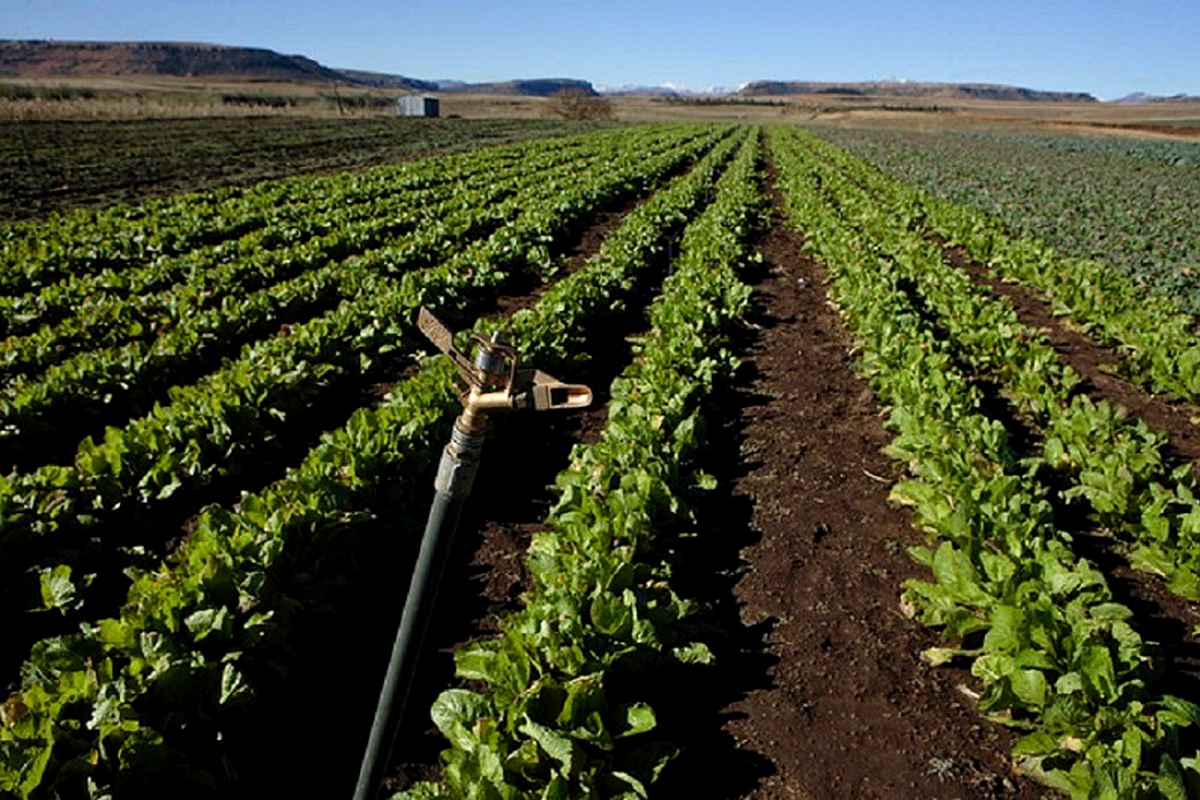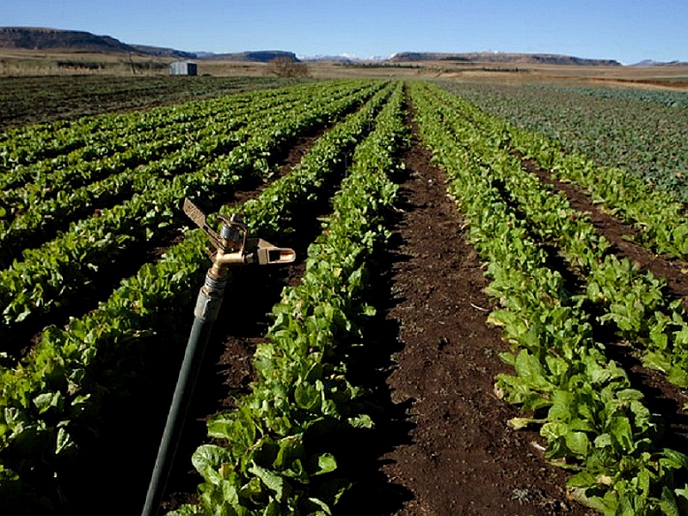LESOTHO has registered an improvement in crop production this year due to the good seasonal rainfall performance, according to the newly released food security analysis.
business
Jan. 28, 2022
NEO SENOKO
3 min read
Crop production increases

Sustainable agriculture in Lesotho
Story highlights
Titled the Integrated Food Security Phase Classification (IPC) acute food insecurity analysis, the newly released edition has noted that although heavy rains destroyed some crops in January 2021, causing waterlogging in some parts of the country, Lesotho registered an improvement in crop production this year after three consecutive years of poor agricultural production.
“Crop production is therefore expected to boost the economy to a moderate growth of 2.6 percent,” the IPC analysis has said. “The increase in crop production also resulted in improved household food access.”
However, some poorer households are already experiencing food shortages during the analysis period, which is normally the lean season in Lesotho.
The unfavourable food insecurity status is also a result of food prices that remain higher compared to both 2020 and the five-year average.
On the projected period of between November 2021 and March 2022, food prices are expected to remain high.
On the other hand, the timely onset of rainfall, which was normal to above normal, resulted in a timely start of the agricultural season, whereby more than 50 percent of households in most districts already planted their fields.
Access to agricultural inputs this season was better comparatively through a Government implemented farm input subsidy programme, where the Food and Agricultural Organisation (FAO), a specialised agency of the United Nations (UN) that leads international efforts to defeat hunger and improve nutrition and food security, supported farm inputs.
Enjoy our daily newsletter from today
Access exclusive newsletters, along with previews of new media releases.
“However, though the supply was timely, some challenges in access were noted for farmers in remote areas,” the report said. “Few farmers were able to buy inputs in South Africa following the lifting of COVID-19 restrictions at the border posts. The poorer households benefited from casual labour linked to cultivation and planting activities, hence, there was an improved access to food at household level due to these incomes.”
Food availability is consequently expected to remain a minor limiting factor due to increased crop production as well as food availability in the markets that is normally imported from South Africa, which recorded a bumper harvest in 2021.
Access to inputs is expected to be higher than last year through the Government implemented farm inputs subsidy programme and FAO support.
FAO will continue to provide high quality fodder seeds to farmers which will further contribute to good livestock condition and production. Opening of borders is expected to improve farmers’ access to seeds, vaccines, semen and farm feed as well as market for livestock products such as wool and mohair.






